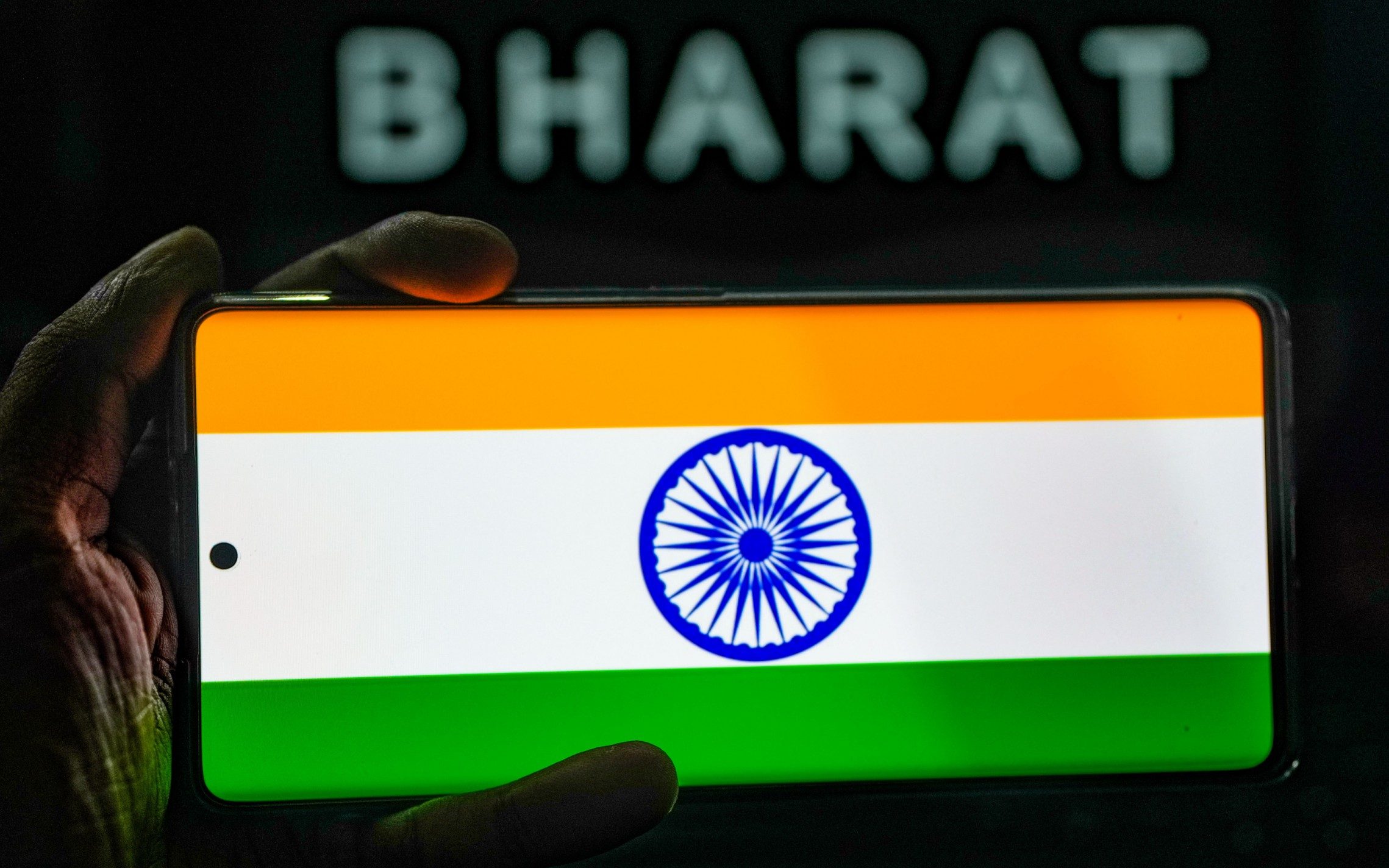Yo, let’s talk about this debate that has been going on for ages in India. Is it “Bharat” or “India”? Why does it even matter? Well, turns out, these names aren’t just names—they say a lot about the country’s past, its people, and what it aims to be.
A Quick History Lesson
To understand this whole “Bharat vs. India” thing, you gotta know a bit about Indian history. This is a place that’s been around for ages and has seen all sorts of empires and rulers, like the Mauryas and Mughals, who’ve made the country what it is today.
Bharat: This name comes from really old Indian literature and is tied to a mythical king, King Bharata, who’s in the epic Mahabharata. When people say “Bharat,” it’s like they’re connecting with the spiritual and ancient side of India.
India: This name, on the other hand, came from people outside of India. The ancient Greeks started calling the place “Indoi,” and that eventually became “India.” This name is more about how the world sees the country, rather than how Indians see themselves.
What’s in the Rulebook?
So, the Indian Constitution actually uses both names. That’s not by accident; it shows that India is a mix of different cultures, languages, and histories. It’s a way of saying that whether you feel more connected to “Bharat” or “India,” you’re part of this big, diverse community.
What’s the Norm?
In most official settings and on the global stage, “India” is the name that gets used. Like, if you’re looking at a world map or a treaty, you’re going to see “India,” not “Bharat.” It’s not just easier; it also kinda represents the modern, inclusive vibe the country wants to give off.
Current Buzz
So, there’s this big international meeting, the G20 summit, happening in New Delhi. And guess what’s making headlines? The name debate! The government is leaning more towards using “Bharat” for the event. It’s like they’re saying, “Hey, let’s not forget our roots and values while we hang out with world leaders.”
Final Thoughts
Whether you call it “Bharat” or “India,” it’s all the same land, with the same amazing mix of people and cultures. The debate isn’t really about picking one name over the other; it’s about celebrating everything that makes the country awesome. It’s like saying, we’ve got history, but we’re also ready for the future. So, let’s just enjoy the ride and see where this country takes us, regardless of what name tag it’s wearing.
FAQ: The Bharat vs. India Name Debate
Why are there two names for one country?
Great question! India has a super-rich history, so it’s no surprise that it has two names that resonate differently. “Bharat” is the name that’s deeply rooted in ancient Indian culture and literature, while “India” is what the world generally calls the country, a name that came from outside, initially from ancient Greece.
Is one name more official than the other?
Both names are actually official according to the Indian Constitution. But in international settings and most official documents, you’re likely to see “India” used more often.
Why is this even a debate?
Well, names have power, right? They carry a lot of baggage—history, culture, identity. The debate isn’t just about what to call the country; it’s about what each name represents and how the country wants to present itself to the world and to its own people.
What do most Indians prefer?
It’s not easy to generalize because India is super diverse. Some people feel more connected to the name “Bharat” because it taps into ancient Indian culture and spirituality. Others prefer “India,” which feels more modern and inclusive. There’s no one-size-fits-all answer here.
Is the government taking a side?
Not officially, but the government has shown some leanings. Like, for the recent G20 summit in New Delhi, they were keen on using “Bharat.” It’s seen as a nod to traditional and cultural values.
What’s the big deal with the G20 summit and the name?
The G20 summit is a major international event, so it’s a big stage to make a statement. The government suggesting “Bharat” could be seen as a way to emphasize the country’s roots and heritage on a global platform.
Does the name change impact international relations?
Not really. Whether it’s “Bharat” or “India,” the country’s policies and international relations don’t change. But the name can influence how the country is perceived globally, and that’s why it sparks debate.
So, what’s the conclusion?
There’s no easy answer, and that’s okay. The name debate shows that India (or should we say Bharat?) is a complex, diverse country that’s still figuring out how to blend its ancient history with its modern ambitions. It’s not about choosing one name over the other but about appreciating what each brings to the table.
Hope this clears things up a bit!
Sources Bloomberg


